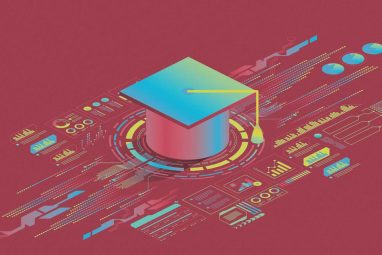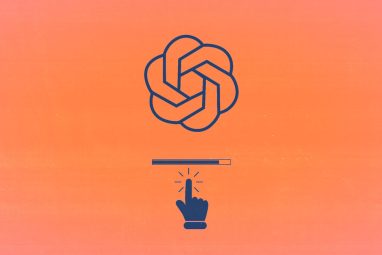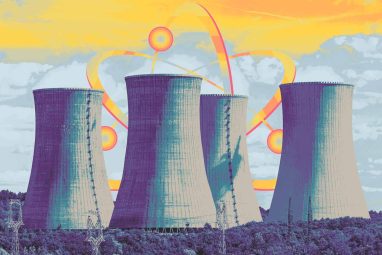OpenAI Becomes a For-Profit Company
OpenAI has converted into a for-profit public benefit corporation, clearing a path to raise more capital and locking in Microsoft as a 27% shareholder worth about $135 billion.
Topics
News
- India Looks to Orbit for Its Next Data Centre
- IIT-Bombay, Columbia Team Up to Build AI Backbone for Indian Manufacturing
- India Bets on Digital Public Infrastructure Model for Education AI
- OpenAI Retires GPT-4o as It Consolidates ChatGPT Models
- Adani Power Sets Up Nuclear Subsidiary
- Musk Unveils xAI Overhaul, Lunar AI Ambitions

OpenAI has completed its transition from a nonprofit AI lab into a for-profit public benefit corporation, a move that settles months of regulatory scrutiny, cements Microsoft Corp.’s status as a major shareholder and removes a key obstacle to eventually tapping public markets.
The new entity, called OpenAI Group PBC, is structured as a “public benefit corporation,” a model that allows OpenAI to raise money and pursue profit while stating a formal public-interest mandate in its charter.
Control of the for-profit arm will sit with a nonprofit parent, now renamed the OpenAI Foundation, which holds special governance rights and can appoint or remove the PBC’s board.
The OpenAI Foundation will own about 26% of the PBC, a stake valued at about $130 billion at the company’s latest valuation. The foundation said it plans to direct its resources toward medical breakthroughs, curing disease and research into AI safety and resilience.
Microsoft, OpenAI’s most important commercial partner, will hold about 27% of the for-profit business under the new agreement, a stake valued at roughly $135 billion. That implies a valuation near $500 billion for OpenAI, which would make it the most valuable privately held company in the world.
The revised deal also resets how the two companies work together.
Microsoft keeps long-term access to OpenAI’s models and products, including future systems that meet OpenAI’s definition of artificial general intelligence, through at least 2032.
At the same time, Microsoft is no longer locked in as OpenAI’s exclusive path to market and no longer has its previous contractual right of first refusal on new compute arrangements.
Both companies now have more freedom to pursue AI work, and Microsoft can develop its own AGI efforts in parallel.
The restructuring was reviewed by the attorneys general of California and Delaware, who oversee nonprofit compliance, after questions over whether OpenAI could keep its stated mission “to ensure artificial general intelligence benefits all of humanity,” while moving to a conventional corporate footing. California Attorney General Rob Bonta signed off after extracting commitments on safety, public benefit and OpenAI’s presence in the state.
Advocacy groups and some early backers remain unconvinced. Robert Weissman of Public Citizen told The New York Times that the new setup “entrenches the status quo, in which OpenAI Nonprofit serves at the beck and call of OpenAI For-profit.”
Elon Musk, a cofounder who has clashed publicly with OpenAI’s current leadership, has argued that the shift puts profit ahead of accountability.
The overhaul also unlocks money. SoftBank and a group of co-investors have lined up as much as $40 billion in new funding tied to OpenAI’s conversion, with SoftBank’s board recently approving the release of a final multibillion-dollar tranche after the restructuring cleared. Without this structure, that commitment could have been cut by tens of billions of dollars.
With an implied valuation of about $500 billion, OpenAI now sits alongside some of the world’s largest listed tech firms by paper value and has effectively positioned itself for an eventual IPO.
Analysts said the new status removes legal friction around fundraising, formalizes governance and gives OpenAI running room to keep building extremely capital-intensive AI infrastructure.
The move also spilled into the broader market. Microsoft’s market capitalization briefly moved above $4 trillion after the deal was announced.






